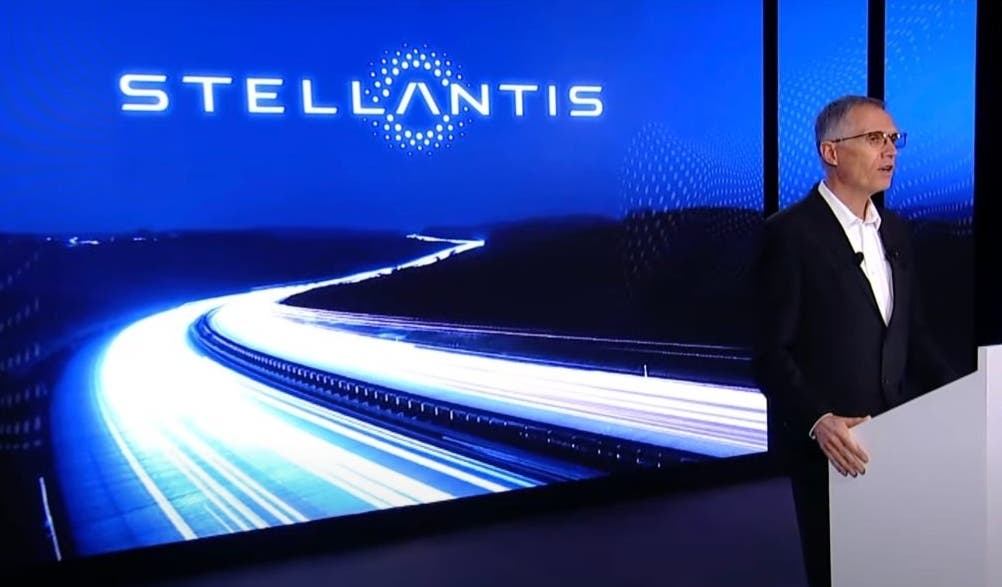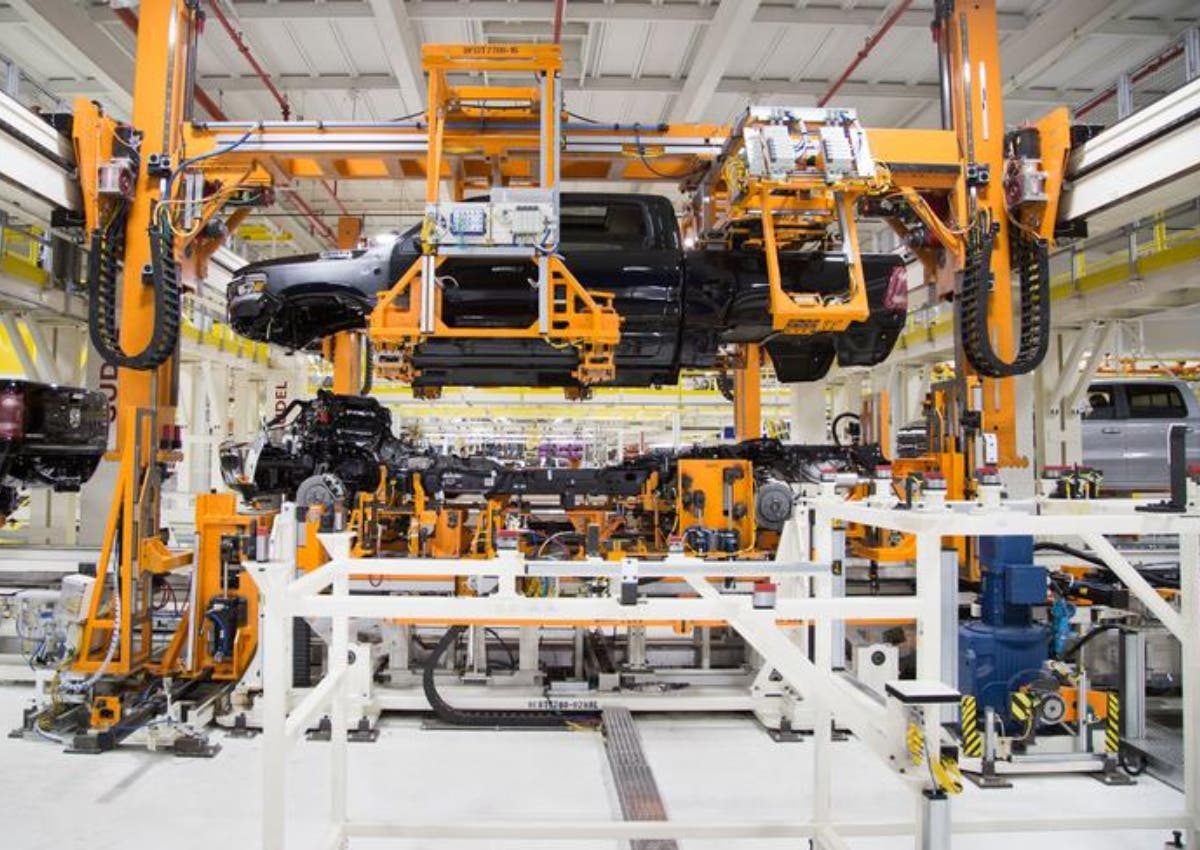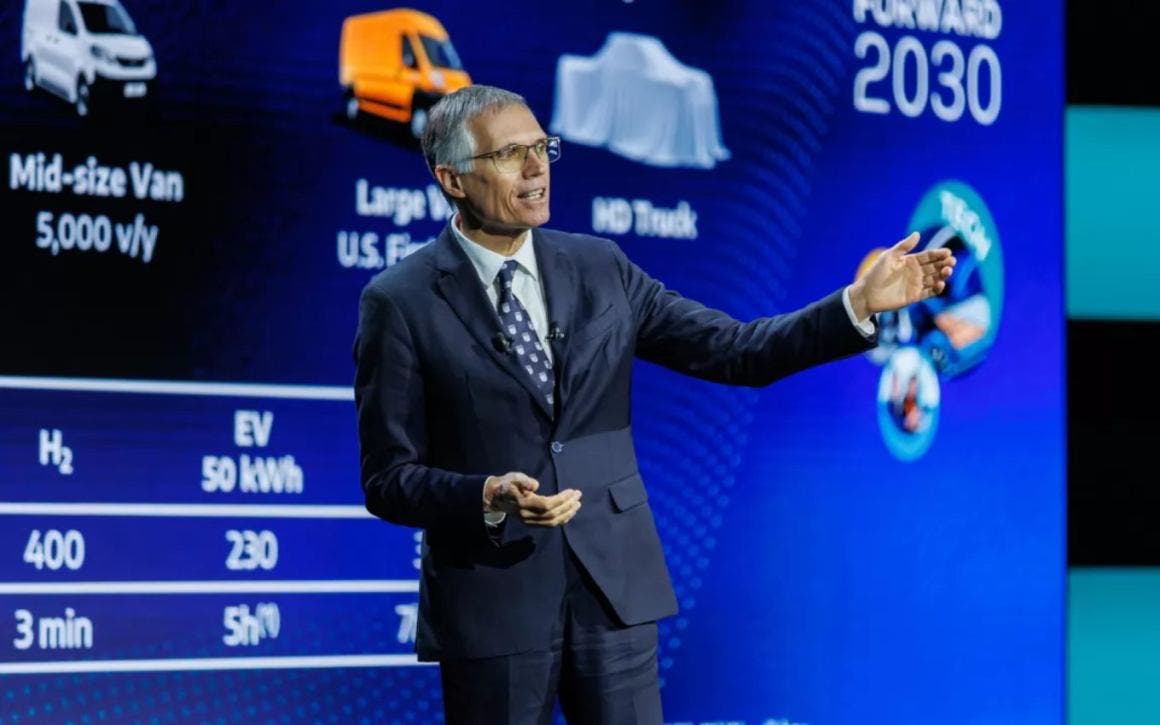Three Republican members of Michigan’s congressional delegation have sent a letter to Stellantis CEO Carlos Tavares expressing “serious concerns” about recent developments in the automotive sector, particularly the layoffs at the Ram 1500 Classic assembly plant in Warren. The congressmen are John James of Shelby Township, Jack Bergman of Watersmeet, and Bill Huizenga of Holland.
Three Republicans write to Stellantis CEO Carlos Tavares: “We are seriously concerned”

“These jobs are not just an integral part of Michigan’s heritage; they represent the backbone of our economy. Moreover, our automotive industry is essential for suppliers and dealers, who are already facing layoffs and other unsustainable cost pressures,” they stated.
The letter primarily attributes responsibility for the layoffs to the administration of President Joe Biden and Vice President Kamala Harris, rather than to the company itself or CEO Carlos Tavares. The latter has been criticized by dealers for sales difficulties, by workers for alleged unfulfilled promises, and by the board of directors for the company’s poor performance.
“The recent tailpipe emissions rule issued by the Biden-Harris administration’s Environmental Protection Agency (EPA) threatens to exacerbate Michigan’s economic decline,” the letter reads. “Many would be forced to declare bankruptcy or make predatory sales as a negative result of the EPA’s new tailpipe emissions rule. In addition to the automotive industry and its suppliers, these failed policies would also have a dramatically negative impact on our state’s non-automotive industries.”
“While we understand that pressures from the Biden-Harris administration have made it difficult for automakers to act differently, automotive industry leaders have a fiduciary responsibility and moral obligation to denounce the federal overreach of EPA activists, which would decimate America’s ability to compete and Americans’ ability to earn a living.”

“Stellantis is investing over 50 billion euros in the decade in electrification to achieve the goals of reaching a 100% BEV sales mix for passenger cars in Europe and a 50% BEV sales mix for passenger cars and light trucks in the United States by 2030,” said company spokesperson Shawn Morgan. “To achieve these sales targets, the company is securing approximately 400 GWh of battery capacity, including support from battery manufacturing plants in North America and Europe. Stellantis is on track to become a carbon net zero company by 2038, all scopes included, with a single-digit percentage compensation of remaining emissions.”
“There is undeniable volatility in the market, especially as the industry transitions to an electrified future. Many automakers are reviewing their plans,” Stellantis spokesperson Jodi Tinson said in a press release on Monday. The company released the statement in response to accusations from the United Auto Workers union that Stellantis has not fulfilled promises made during collective bargaining in the fall of 2023.
Tinson added: “In the past year, there have been numerous announcements of delays in investments and products, as well as product cancellations throughout the industry, leading a respected automotive consulting firm to revise its 2024 electric vehicle sales projections downward by 25% (from 9% to 12%). The evidence of a radical transformation of the industry and its effects on the market is clear.”

The lawmakers, as part of their letter, posed a series of questions to Tavares. They asked why, according to the UAW, Stellantis is considering moving excess Ram pickup production from the Sterling Heights Assembly Plant to Mexico rather than keeping it in Michigan.
They also asked whether any foreign companies, such as China’s BYD, had “made proposals” to Stellantis to acquire some of its operations in order to “increase their market share in North America and the United States, circumventing production origin requirements.” A few months ago, in fact, some BYD executives had been seen at Stellantis plants.
Other questions concerned investments for job creation, the discontent of Stellantis dealers, the most damaging regulations for the company’s operations, and the supply chain for electric vehicles. The lawmakers requested answers within seven business days, emphasizing that “this is a critical moment for our State and for the national automotive industry.”

